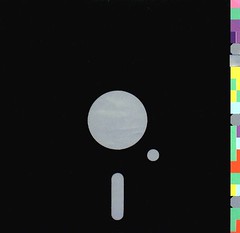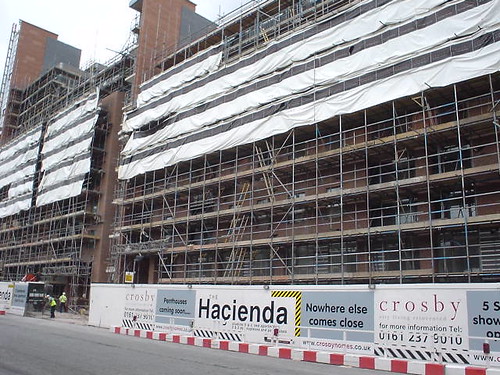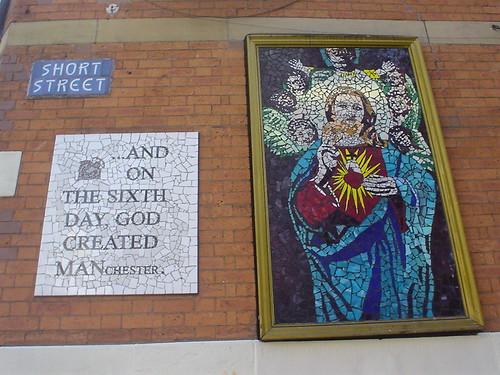But You Should Probably Read More
Aug 12, 2007 · 4 minute read
From one point of view, Tony Wilson was a failure. His music show So It Goes… was cancelled after two series, the biggest hit from Factory made a loss on every single copy sold, the Haçienda spent five years sitting almost empty, Factory itself dissolved messily in the 90s. He attempted, unsuccessfully, to start new labels, embarked on a digital music venture that went nowhere, and was a prime mover behind a campaign for further independence for the north of Britain, a campaign that was ultimately rejected by the populace.
A failure, then.
But what a failure.
Factory Records was a record label that we may never see the likes of again. It was born of the DIY attitude of punk era, but Wilson was thinking much, much bigger. For him, it was an attack on the stranglehold that London held on the British music scene, a way of re-establishing his beloved Manchester, and a movement rather than a mere company. It wasn’t like any label that had previously existed; royalty payments were extremely generous (approaching 50% for some acts), the acts themselves owned their master tapes, and anybody could walk away at any time. Now, it has to be said that the actual implementation of this plan often left a little to desired, as Factory had a tendency to be somewhat inept when it came to handling actual money, but there have been few record labels since that have come anywhere close to the Factory ideal, in either their values, their aesthetics, or that catalogue. Or their ability to use a spreadsheet.

In truth, Factory soon changed the cover of
Blue Monday to a cheaper design over the original die-cut version, but the legend was set in stone. The biggest-selling 12” single of all time, losing them money on each copy. It was, arguably, one of the most important songs of the decade, bringing the Industrial Revolution to Pop. Punk meets Dance. Manchester meets New York. The ghost of Curtis finally laid to rest, and the beginning, properly, of music in the 1980s. Not bad for a song made so the band could leave early during their encores.
The Haçienda was a money pit, sucking money in vast quantities from both New Order and Factory, but it formed the bridge from the 1980s to the 1990s, bringing balearic beats from Ibiza, hosting Madonna’s first live UK show, creating acid house, Madchester and the rave scene. And The Queue, of course. It was the place to be, and now is no place at all; demolished for a block of apartments.

I went to Manchester in 1997, a few months after the club had lost its Entertainments licence. Was it the gun culture of Manchester that brought it down? The reluctance of its audience to purchase alcohol when they were high on Ecstasy? That, finally, the money just ran out? It was probably all of these, and more besides, but it had served its purpose. It created the 90s. Still, I wish I could have gone there, just once.
Factory itself died in 1992; Wilson attempted to revive the name twice in Factory Too and F4, but these labels didn’t last long. However, he started
In The City, a music festival and industry conference, dabbled with digital downloads, but above all, his passion was Manchester. The city, despite its many problems, has turned into the vision that Tony Wilson had back in the 1970s. It’s a home for creatives and guns. Drugs and records. A truly great city with all the contradictions that entail. And even though the city’s great past-time was yelling abuse at Wilson as he walked past, it’s clear that they all loved him really. The insufferable prat.
Was Tony Wilson a failure? Perhaps, but if so, we should all try to strive and fail as much as he did.

On the sixth day, God created Manchester. But even as he did, Tony was telling him that Albert Square would look better if it was closer to Castlefield. And you know what? He was right.
currently playing: New Order – Ceremony


